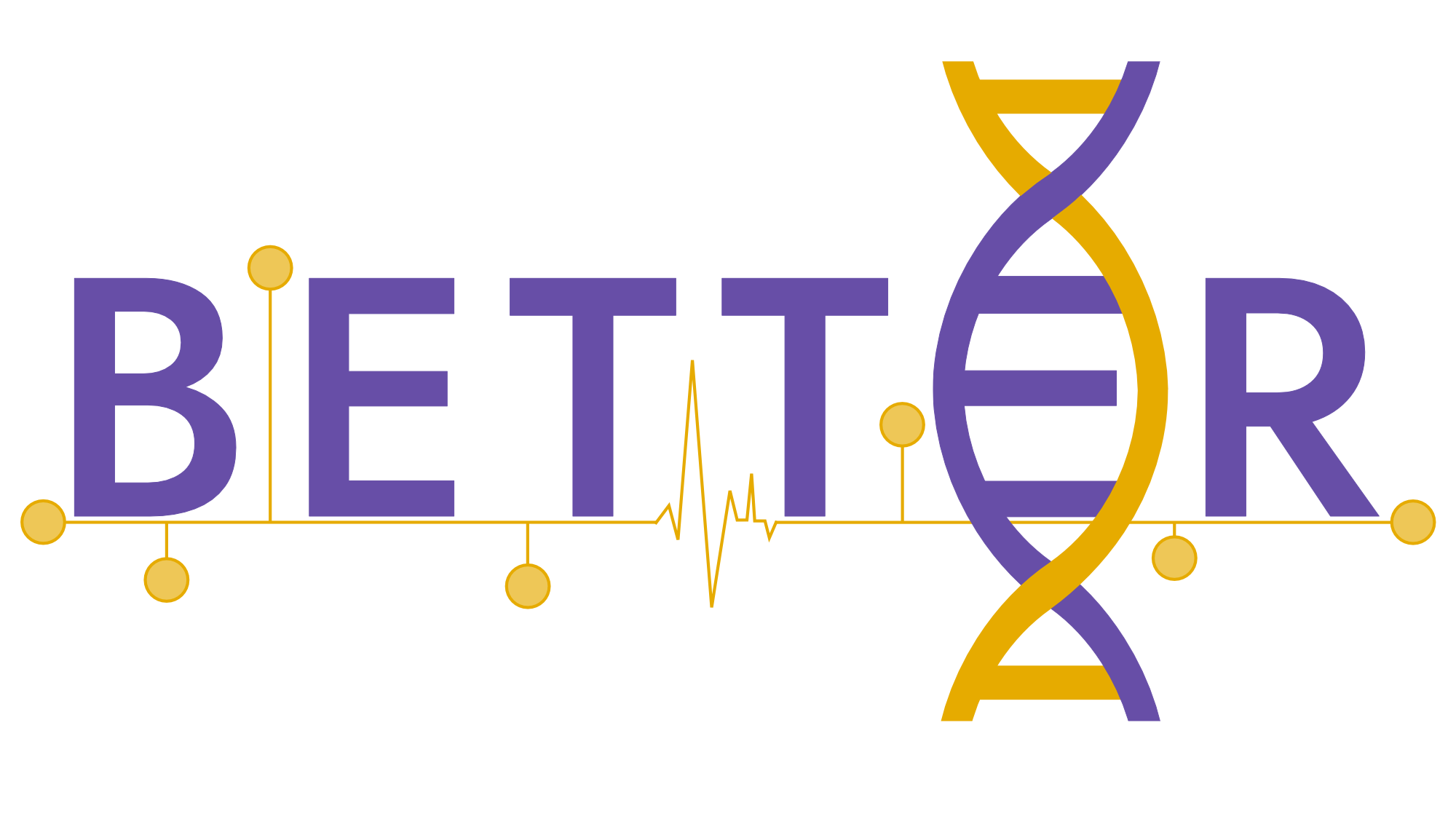Aston University
Enhancing retinal image clarity: denoising fundus and OCT images using advanced U-Net deep learning
18/03/25 14:54
Our partners from Aston University and Datrix presented their latest advancements of image quality in the diagnosis of Inherited Retinal Diseases in the BETTER Project at SPIE Photonics West 2025. We are proud to share the abstract here on this blog:
Title: “Enhancing retinal image clarity: denoising fundus and OCT images using advanced U-Net deep learning”
Abstract:
This research addresses the challenge of image quality in the diagnosis of Inherited Retinal Diseases (IRDs) by leveraging advanced U-Net deep learning models to denoise Fundus and Optical Coherence Tomography (OCT) images. Highresolution imaging, essential for accurate IRD assessment, is often compromised by inherent noise that obscures critical details. To enhance diagnostic accuracy, we employed U-Net, an autoencoder network renowned for its efficiency in medical image processing, to perform deep learning-based denoising. Our approach involves adding Gaussian noise to Fundus images from the ORIGA-light dataset to simulate real-world conditions and subsequently employing U-Net for noise reduction. This methodology not only clarifies the images but also retains essential pathological features critical for accurate diagnosis. The performance of the U-Net model was quantitatively evaluated using metrics such as Peak Signal-to-Noise Ratio (PSNR) and Structural Similarity Index (SSIM), where it demonstrated significant improvements over traditional methods. This enhanced imaging capability facilitates better clinical insights into IRDs, promotes earlier and more accurate diagnoses, and supports the development of personalized treatment plans, advancing the field of precision medicine.
Authors:
J. Fartiyal, P. C. Sourza, Y. Whayeb, M. Bregonzio, J. S. Wolffsohn, S. G. Sokolovski.
Title: “Enhancing retinal image clarity: denoising fundus and OCT images using advanced U-Net deep learning”
Abstract:
This research addresses the challenge of image quality in the diagnosis of Inherited Retinal Diseases (IRDs) by leveraging advanced U-Net deep learning models to denoise Fundus and Optical Coherence Tomography (OCT) images. Highresolution imaging, essential for accurate IRD assessment, is often compromised by inherent noise that obscures critical details. To enhance diagnostic accuracy, we employed U-Net, an autoencoder network renowned for its efficiency in medical image processing, to perform deep learning-based denoising. Our approach involves adding Gaussian noise to Fundus images from the ORIGA-light dataset to simulate real-world conditions and subsequently employing U-Net for noise reduction. This methodology not only clarifies the images but also retains essential pathological features critical for accurate diagnosis. The performance of the U-Net model was quantitatively evaluated using metrics such as Peak Signal-to-Noise Ratio (PSNR) and Structural Similarity Index (SSIM), where it demonstrated significant improvements over traditional methods. This enhanced imaging capability facilitates better clinical insights into IRDs, promotes earlier and more accurate diagnoses, and supports the development of personalized treatment plans, advancing the field of precision medicine.
Authors:
J. Fartiyal, P. C. Sourza, Y. Whayeb, M. Bregonzio, J. S. Wolffsohn, S. G. Sokolovski.



